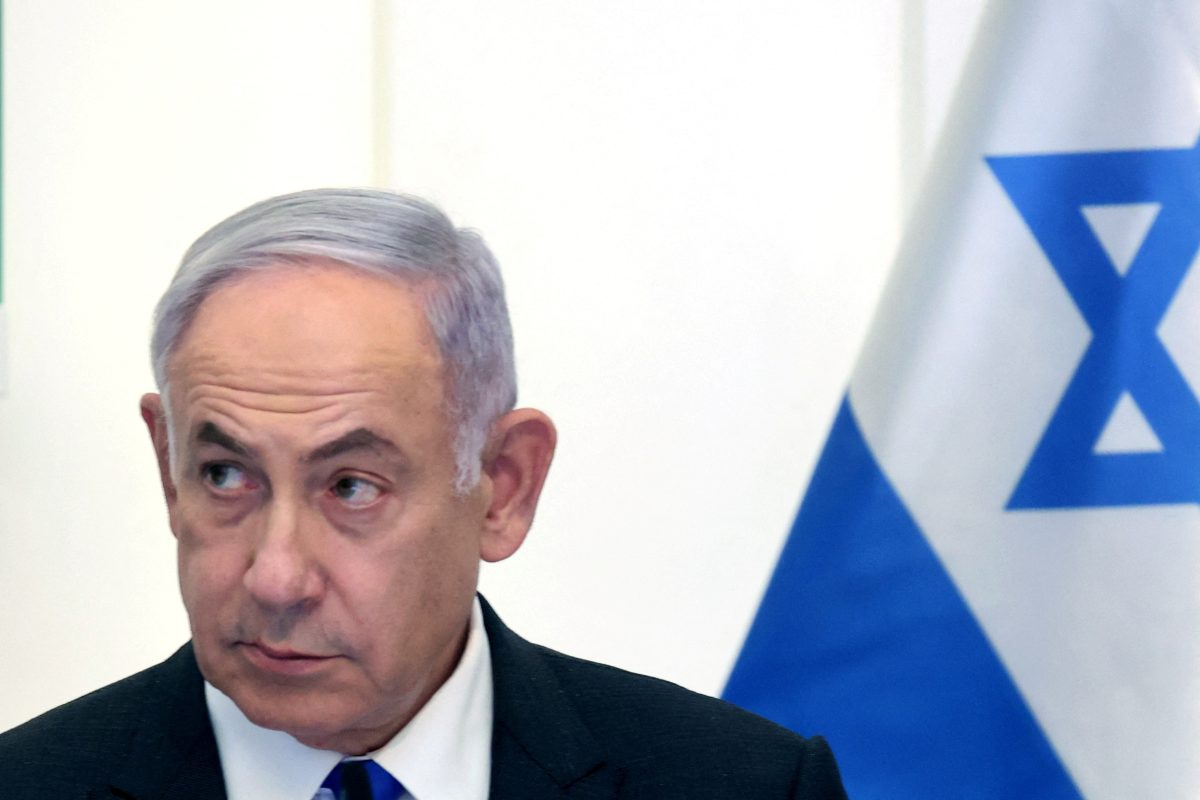JERUSALEM, (Reuters) – Israeli Prime Minister Benjamin Netanyahu has dissolved the six-member war cabinet, an Israeli official said yesterday, in a widely expected move following the departure from government of centrist former general Benny Gantz.
Netanyahu is now expected to hold consultations about the Gaza war with a small group of ministers, including Defence Minister Yoav Gallant and Strategic Affairs Minister Ron Dermer who had been in the war cabinet.
The move was announced as U.S. special envoy Amos Hochstein visited Jerusalem, seeking to calm the situation on the disputed border with Lebanon, where Israel said tensions with the Iran-backed Hez-bollah militia were bringing the region close to a wider conflict.
The Israeli military said on Monday it had killed a senior operative in one of Hezbollah’s rocket and missile sections in the area of Selaa in southern Lebanon.
The military also said its operations were continuing in the southern parts of the Gaza Strip, where its forces have been battling Hamas fighters in the Tel Sultan area of western Rafah, as well as in central areas of the enclave.
Hochstein’s visit follows weeks of increasing exchanges of fire across the line between Israel and Lebanon, where Israeli forces have for months been engaged in a simmering conflict with Hezbollah that has continued alongside the war in Gaza.
Tens of thousands of people have been evacuated from their homes on both sides of the so-called Blue Line that divides the two countries, leaving eerily deserted areas of abandoned villages and farms hit by near-daily bombardment.
“The current state of affairs is not a sustainable reality,” government spokesperson David Mencer told a briefing.
Netanyahu had faced demands from the nationalist-religious partners in his coalition, Finance Minister Bezalel Smotrich and National Security Minister Itamar Ben-Gvir, to be included in the war cabinet. Such a move would have intensified strains with international partners including the United States.
The forum was formed after Gantz joined Netanyahu in a national unity government at the start of the Gaza war in October. It also included Gantz’s political partner Gadi Eisenkot and Aryeh Deri, head of the religious party Shas, as observers.
Gantz and Eisenkot both left the government last week, over what they said was Netanyahu’s failure to form a strategy for the Gaza war.
An agreement to halt the fighting in Gaza still appears distant, more than eight months since the Oct. 7 attack on Israel led by Hamas fighters that triggered Israel’s military offensive in the Palestinian enclave.
The Oct. 7 attack killed some 1,200 people and about 250 were taken hostage, according to Israeli tallies. Israel’s offensive has killed more than 37,000 Palestinians, according to Pales-tinian health ministry figures, and destroyed much of Gaza.






